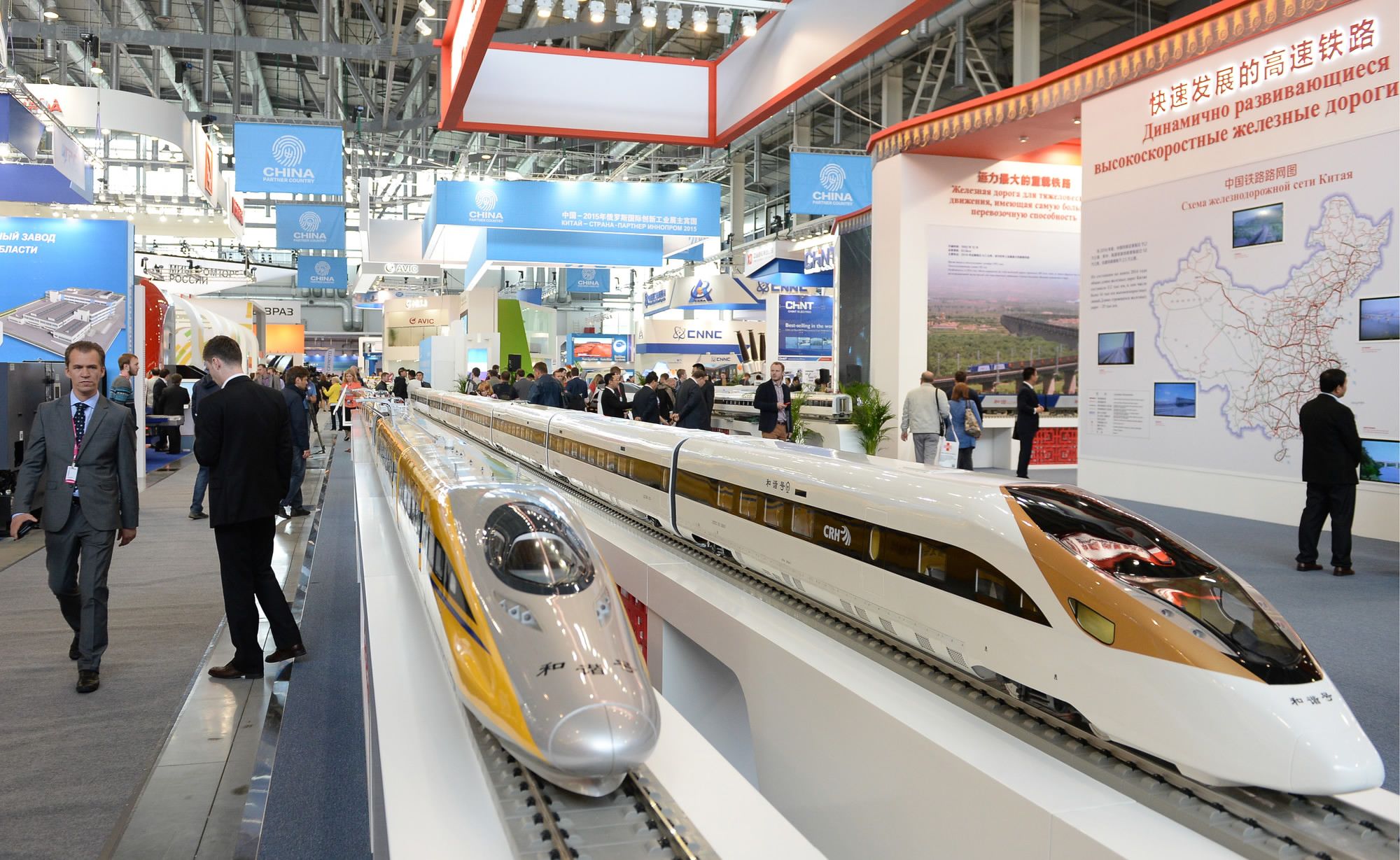The European Commission (EC), the EU's politically independent executive arm, is reportedly investigating a China-funded rail project that aims to connect Serbia’s capital Belgrade with Budapest in Hungary.
The EC was assessing the financial viability of the 2.89 billion US dollar railway project, and investigating whether it had violated EU procurement laws that require public tenders for large transport projects, the Financial Times said on Monday.
“The commission services are assessing the compliance of the project with EU law. The dialogue with the national authorities is ongoing,” an EC spokeswoman told the Financial Times.
Upgrading the 350-kilometre-long Budapest-Belgrade railway into a high-speed rail link is expected to shorten the travel time between the two capitals from eight hours to just three.
Two Chinese state-owned companies - the China Railway International Corporation and the Export-Import Bank of China - should act as contractor and financier for the project, which is due to be implemented by the Hungarian State Railways company, the Financial Times reported.

The stand of the China Railway Corporation at the Innoprom 2015 International Industrial Trade Fair in Russia on July 8, 2015. /CFP Photo
The Belgrade-Budapest rail upgrade is considered a project of China’s Belt and Road Initiative, which looks to promote regional connectivity through large-scale projects in areas such as railway, civil aviation, electricity and telecommunications.
The initiative, proposed by China in 2013, aims to build a trade and infrastructure network connecting Asia with Europe and Africa along the ancient Silk Road trade routes.
Hungary could be punished with fines if the EC investigation finds that EU procurement laws were infringed.
“The EU, currently in a difficult phase, wants to stress its existence through this investigation,” Cui Hongjian, department director for European Studies, China Institute of International Studies (CIIS), told Global Times, explaining that the EU "has a mixed feeling about China's participation in European infrastructure development: on one hand, the EU needs China’s support in terms of financial and construction; on the other hand, the EU fears China’s growing influence in the region.”
"The railway project will bring great benefits to many countries. We hoped that the EU will make the judgement based on people's interests in a fair and objective manner.” Cui noted.
The EC’s probe into Hungary’s tender procedures is not unprecedented.
In 2014, the EC scrutinized a 12.5 billion-euro Moscow-funded nuclear project awarded by Hungary to Russian state-owned energy company Rosatom, also without holding a public tender.
The proceedings against Hungary were launched based on suspicions that the project breached internal market rules.
The EC closed its investigation last December, admitting Hungary’s arguments that only the Russian operator could provide the specific technologies required.
(With inputs from Financial Times and Global Times)









